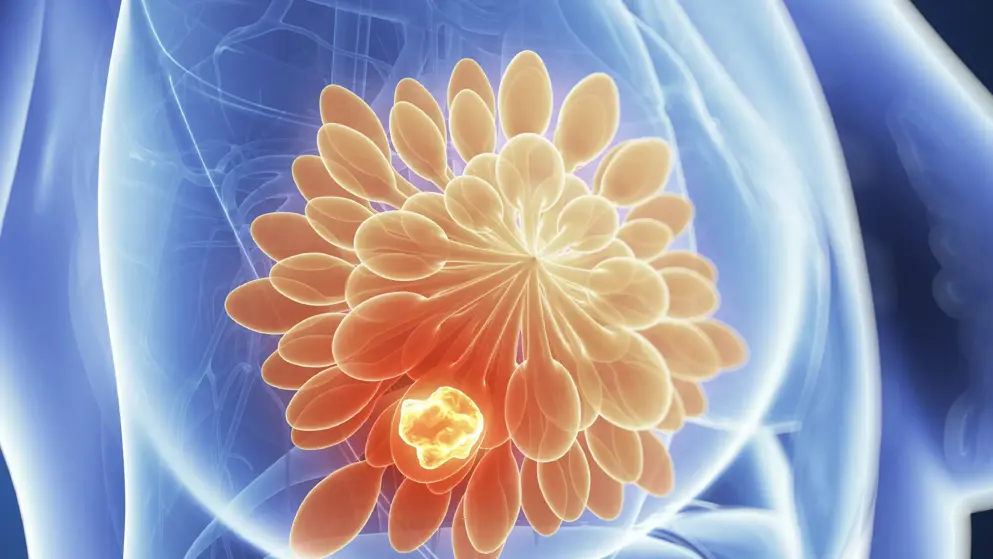
FDA approves Itovebi (inavolisib) a targeted treatment for advanced hormone receptor-positive, HER2-negative breast cancer with a PIK3CA mutation- Roche
Roche announced that the FDA approved Itovebi (inavolisib), in combination with palbociclib (Ibrance) and fulvestrant, for the treatment of adults with endocrine-resistant, PIK3CA-mutated, hormone receptor (HR)-positive, human epidermal growth factor receptor 2 (HER2)-negative, locally advanced or metastatic breast cancer, as detected by an FDA-approved test, following recurrence on or after completing adjuvant endocrine therapy.
The PIK3CA mutation is found in approximately 40% of HR-positive metastatic breast cancers.
“The PI3K pathway plays a pivotal role in disease progression and has been challenging to target,” said Komal Jhaveri, M.D., section head for the endocrine therapy research portfolio and clinical director of the early drug development service at Memorial Sloan Kettering Cancer Center, and one of the principal investigators of the INAVO120 study. “The Itovebi-based regimen more than doubled progression-free survival and maintained a manageable safety and tolerability profile, adding a new standard in how PIK3CA-mutated breast cancers are treated."
This approval is based on results of the pivotal Phase III INAVO120 study, which showed that the Itovebi-based regimen reduced the risk of disease worsening or death by 57% compared with palbociclib and fulvestrant alone (15.0 months vs. 7.3 months; hazard ratio [HR]=0.43, 95% CI: 0.32-0.59, p<0.0001) in the first-line setting, demonstrating a statistically significant and clinically meaningful benefit. Overall survival (OS) data were immature at the time of primary analysis, but a clear positive trend was observed (stratified HR=0.64, 95% CI: 0.43-0.97, p=0.0338 [boundary of 0.0098]). Follow-up for OS is continuing to the next analysis.
Early, comprehensive biomarker testing with an FDA-approved test, such as Foundation Medicine’s FoundationOne®Liquid CDx, can help identify people with HR-positive, HER2-negative breast cancer with a PIK3CA mutation.

